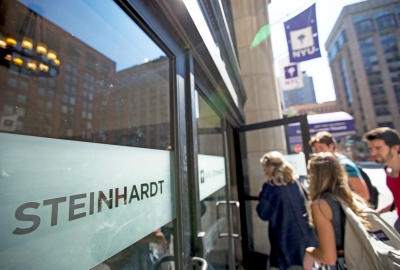Fame, notoriety, renown – the desire to be recognized and immortalized -- is the most enduring and perhaps most desirable form of power. Culture, commerce, politics, and religion all proffer promises of fame – whether for fifteen minutes or fifteen centuries. What is fame? Why do people want it? How do they get it? What can they do with it? Drawing on texts from history, ethnography, theory, literature, philosophy, and contemporary media, this course reflects on the ethics, erotics, pragmatics and pathologies of fame.
Course #
MCC-UE 1346
Credits
4
Department
Media, Culture, and Communication


